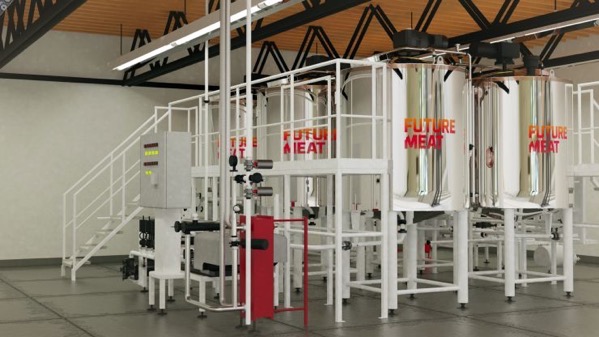Clean meat startups (ventures developing meat replicates grown from a few cells of the “real thing”) are driving more and more attention to the question of the future of proteins. The big question one could ask is “when will we see clean meat products on the shelves?”. Indeed, many startups are strangely aligned on a 2021 released date that can seem a bit too optimistic. While most of these startups (here is a leaders’ mapping) are organising bigger and bigger testing events, few facts about their readiness to enter the market are given. However, on the bright side, we have had in a row, two interesting news which could indicate that some startups are getting closer to the market.
First, Aleph Farms gained a lot of comments for its successful attempt at producing meat in the space. This feat, while technically interesting, is not closing the gap between the current cost of this replicate meat. Indeed, clean meat beef is said to cost now around $100 a burger. However, by creating and succeeding in such an experiment, the company has drawn a lot of attention to cell-based startups from their potential future consumers.

Second, Future Meat, another Israeli lab-grown meat start-up raises $14 million to build production plant. While not the biggest deal in this ecosystem, it is still significant and even more by the fact it is said to enable the company to put products on the market. The company want to market blends of plant-based and clean meat proteins by 2021 and then hopes to achieve a $10/pound meat replicate by 2022. Future meat’s approach is rather different from its competitors. It does not look to sell its now brand but to be a technology provider to any company looking to either develop 100% cell-based meat or blend products.
Even if clean meat is highly unsettling, the deadline fixed by these startups for real products is approaching. And combining them with plant-based (or “real” meat) is a good way to make these products acceptable by consumers at a good price.
For more information, you can just take a look at our mapping and investment analysis of the plant-based and clean-meat startup ecosystems here. And if you wonder how this revolution (meat alternatives account for less than $5B today, for UBS it will be $85B by 2030), will impact your business, DigitalFoodLab is here to work on:
1- learn: we help you understand what’s happening and then to stay updated
2- identify and scout the best partner and technology to invest in, inspire or partner with
3- create the best strategy path toward disruptive innovation
4- act with or as a startup







